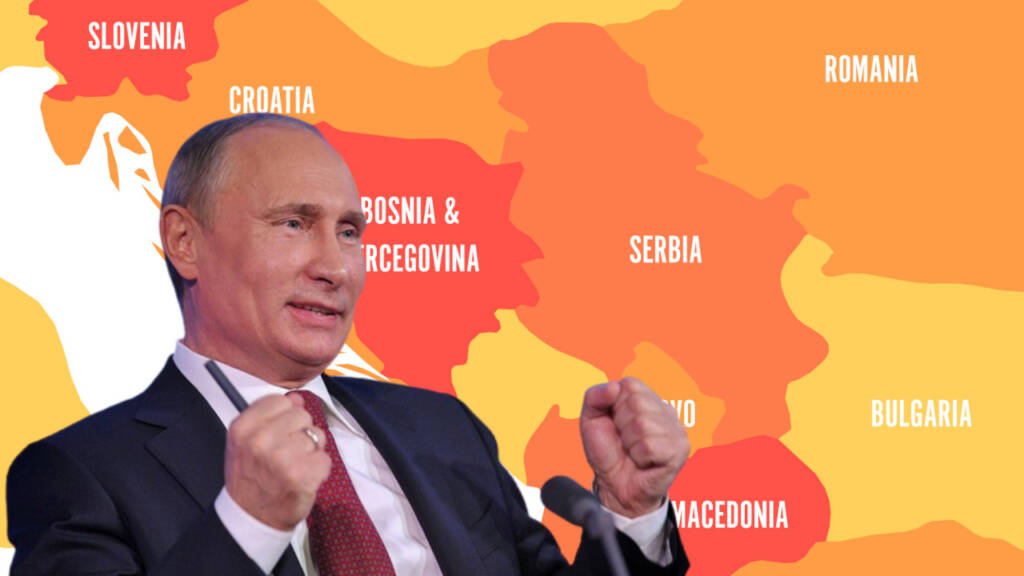In the shadows of geopolitical struggles, a new chapter is unfolding in Europe’s intricate landscape. Unbeknownst to many, a silent power play is underway, with Russia emerging as a cunning vampire hunter, Europe as the unsuspecting vampire, and the Balkans as the wooden stake. As recent developments unfold, it becomes evident that Russia is positioning itself to tighten its grip on the Balkans and challenge the dominance of Western powers.
The Balkans’ Strained Relationship with the West
Ever since the disintegration of Yugoslavia, the Western powers, led by Germany and France, have sought to exert their influence in the Balkan region. However, their attempts to buy out the Balkan countries have been met with resistance and skepticism. Despite some countries joining NATO and receiving protection from the United States, the Balkans have never fully embraced the West, largely due to its perceived discriminatory attitudes.
The EU’s Failed Integration Efforts
The European Union has long aspired to become a significant economic and political partner for the Balkan countries. However, in recent years, this relationship has been strained. The EU’s lack of progress in integrating the region, coupled with its perceived inaction during the migration crisis, has led to growing discontent among the Balkan nations. Trust in the bloc has waned, shifting sentiment from opposition to Russia to sympathy.
The Balkans’ Rising Military Power
Signs of the Balkans’ increasing autonomy and military strength are becoming evident. Romania, one of the Balkan nations, has recently boasted about its capacity to produce ammunition to meet its internal needs and even fulfill regional demand. The country’s determination to invest in its defense sector underscores the region’s growing self-reliance and desire to break free from the shackles of EU and NATO dominance.
Read More: NATO starts arm-twisting Dodik with military development
The Gas Pipeline Deal
In a recent development, the Council of Ministers of Bosnia and Herzegovina has agreed to initiate negotiations for a gas pipeline from Russia.
RIA cited Dusko Perovic as saying: “The Council of Ministers of Bosnia and Herzegovina gave the green light to start the negotiation process”, and that region’s government would seek to have gas shipped via neighbouring Serbia.
This move has far-reaching implications, as it solidifies Russia’s stronghold in the Balkans. The region’s government plans to ship gas via neighboring Serbia, further enhancing energy connectivity with Russia. With this strategic move, Russia is preparing to drive the metaphorical Balkan stake through Europe’s heart.
The Backyard of Russia in Europe
The Balkans have long been a region of interest for Russia. The pipeline agreement and energy connectivity serve as stepping stones for Russia to consolidate its influence and control over the Balkans. By securing energy partnerships, Russia gains leverage over Europe and weakens the dominance of Western powers. The Balkans, unknowingly caught in this power play, are becoming an integral part of Russia’s grand strategy.
As the world remains engrossed in other global events, a subtle yet significant shift is taking place in the Balkans. Russia, assuming the role of a vampire hunter, is tactfully driving the Balkan stake through Europe’s heart. The strained relationship between the Balkans and the West, coupled with Russia’s growing influence and energy connectivity, suggests a paradigm shift in the region’s dynamics. The implications of this strategic move extend far beyond the borders of the Balkans, posing challenges to Western powers and redefining the geopolitical landscape of Europe.
Watch More:
https://www.youtube.com/watch?v=f3r74mq1_ew
